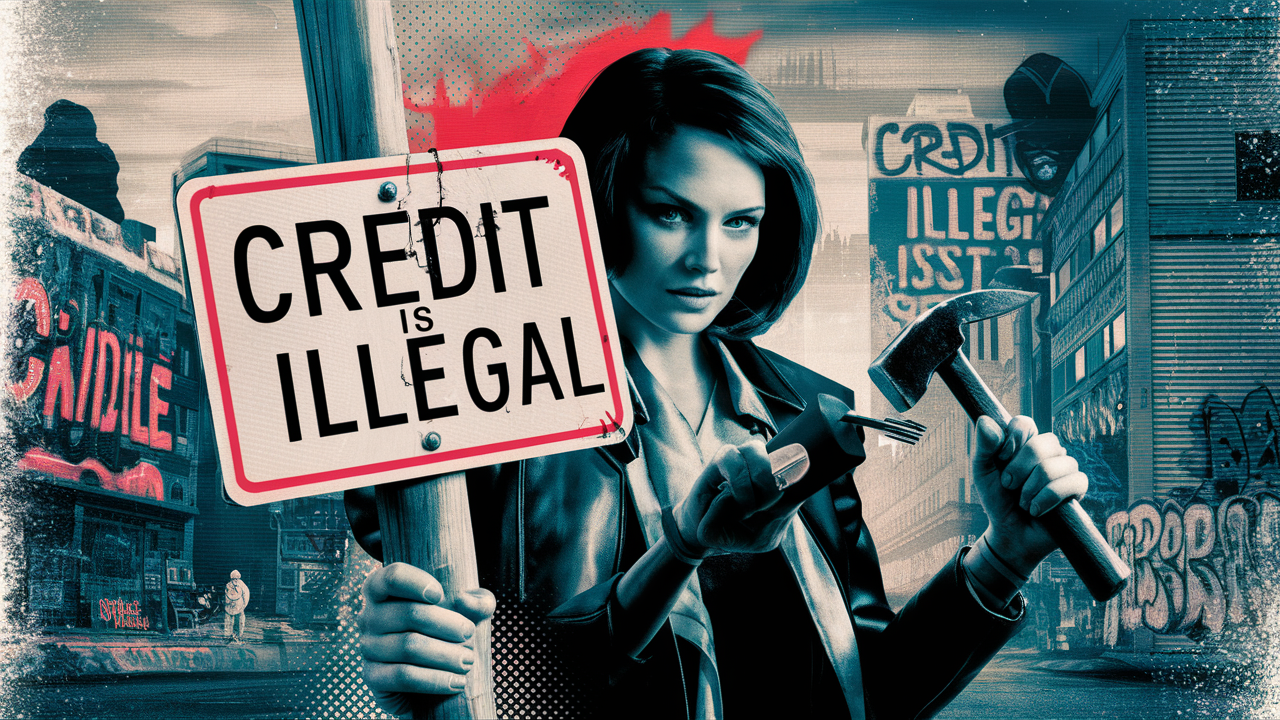Is Fixing Credit Illegal?
Many times, credit repair causes a lot of uncertainty and worry. Many people with less-than-perfect credit ratings worry whether it is legally feasible to raise their credit situation. Anyone trying to get their financial situation better has to first know if credit repair is legal. This article investigates the legal options, if correcting credit is unlawful, and the behaviors to avoid
Understanding Credit Repair
Finding and repairing negative items, inaccuracies, or errors on your credit report can help you to improve your credit score. You may challenge erroneous information, negotiate with creditors to remove negative records or modify your financial behavior to raise your creditworthiness.
Legal Aspects of Credit Repair
1. Fair Credit Reporting Act (FCRA)
Federal law known as the Fair Credit Reporting Act (FCRA) lets consumers appeal erroneous information on their credit histories. The FCRA mandates credit reporting organizations (CRAs) investigate discrepancies and correct any errors within thirty days. This makes this aspect of credit repair legal as consumers have the ability to challenge and change erroneous information.
2. Credit Repair Organizations Act (CROA)
Businesses offering credit repair services are governed by the Credit Repair Organizations Act. According to the CROA, credit repair companies have to provide written contracts specifying the services to be done and cannot charge until those services have been finished. They are also forbidden from fabricating claims on their capacity or performance. This law ensures that consumers are free from dishonest practices and that reputable credit repair firms follow legal rules.
Legal Methods to Fix Credit
1. Disputing Errors
Consumers may lawfully challenge errors on their credit records straightforwardly with the CRAs. This covers erroneous personal information, accounts they do not own, or obsolete negative entries. Consumers may conduct the free dispute procedure on their own without paying a third-party agency.
2. Negotiating with Creditors
Contacting creditors and working to have bad information—such as resolved accounts or late payments—removed legally is allowed. Often referred to as "goodwill adjustments," these conversations ask creditors to delete or alter unfavorable records in return for payment or as a show of kindness.
3. Debt Repayment Plans
Over time, establishing and following a debt payback schedule might assist in gradually strengthening credit. Legal and wise ways to raise credit scores include paying off existing debt, keeping low credit card balances, and making regular, on-time payments.
Illegal Credit Repair Practices
1. Creating a New Identity
. Establishing a New Identity Some bogus credit repair firms might advise seeking an Employer Identification Number (EIN) rather than a Social Security Number (SSN) to create a new credit identity. Considered identity theft, this activity is unlawful. Severe legal repercussions including fines and incarceration—can follow from it.
2. Providing False Information
False information provided on credit applications or disputes is unlawful. This includes using a false identity, wrong address, or fictitious job records. Penalties and criminal prosecution might follow from misrepresentation.
3. Guaranteed Results
Watch out for credit repair firms offering speedy repairs or guaranteed outcomes. The CROA forbids making misleading promises; honest credit rehabilitation requires time and effort. No business can promise to get accurate bad information taken off of a credit report.
Choosing a Credit Repair Company
Should one want to work with a credit repair firm, it is essential to choose one that follows laws. Look for businesses that:
- Send a thorough contract including expenses and services.
- Charge no upfront costs.
- Provide a cancelation window under CROA requirements.
- Show open behavior and reasonable expectations of what they can do.





